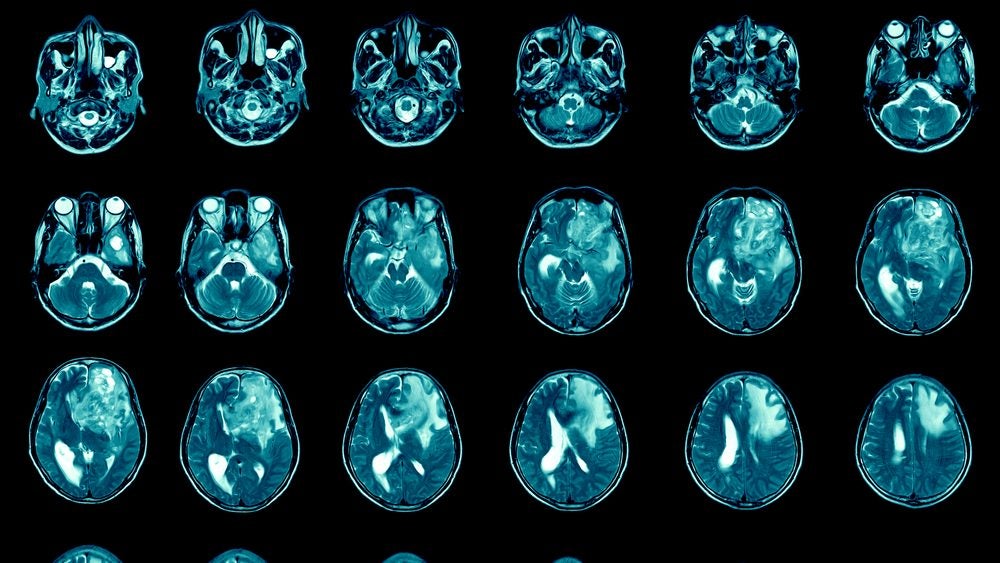
Scientists at Lawson Health Research Institute in Canada have developed a new computational model that could assess epigenetic patterns to allow detection of rare hereditary diseases.
Prior research showed that the genome-wide assessment of DNA methylation could enable diagnosis of previously unknown neurodevelopmental or congenital conditions.
During the latest research, the scientists applied the new computational model to DNA samples obtained from 965 patients who had neurodevelopmental and congenital anomalies (ND/CAs) without a definitive diagnosis even after rigorous clinical genetic testing.
The new model is said to have helped in diagnosing several new cases among the subjects.
It identified 15 cases of syndromic Mendelian disorders, 12 with imprinting and trinucleotide repeat expansion disorders, and 106 with rare epi-variants.
Existing tests for patients with neurodevelopmental and congenital anomalies do not resolve numerous cases, noted the scientists.
How well do you really know your competitors?
Access the most comprehensive Company Profiles on the market, powered by GlobalData. Save hours of research. Gain competitive edge.

Thank you!
Your download email will arrive shortly
Not ready to buy yet? Download a free sample
We are confident about the unique quality of our Company Profiles. However, we want you to make the most beneficial decision for your business, so we offer a free sample that you can download by submitting the below form
By GlobalDataLawson Health Research Institute associate scientist Bekim Sadikovic said: “Many families spend years going through repeated testing and assessments in search of a diagnosis. This process is hard on patients and families, and is a great cost to our healthcare system.”
Limited treatments are also available for such disorders, but a specific diagnosis is expected to aid physicians in predicting the condition’s course, as well as improve planning and support for patients.
The research has been published in the American Journal of Human Genetics, where authors said that computational model facilitates concurrent detection of 14 syndromes using DNA methylation data with accuracy.
A statement from the publication read: “This study demonstrates that genomic DNA methylation analysis can facilitate the molecular diagnosis of unresolved clinical cases and highlights the potential value of epigenomic testing in the routine clinical assessment of ND/CAs.”
The scientists have licensed the new technology to Greenwood Genetics Laboratories in the US and Amsterdam University Medical Centre Laboratories in the European Union (EU).






